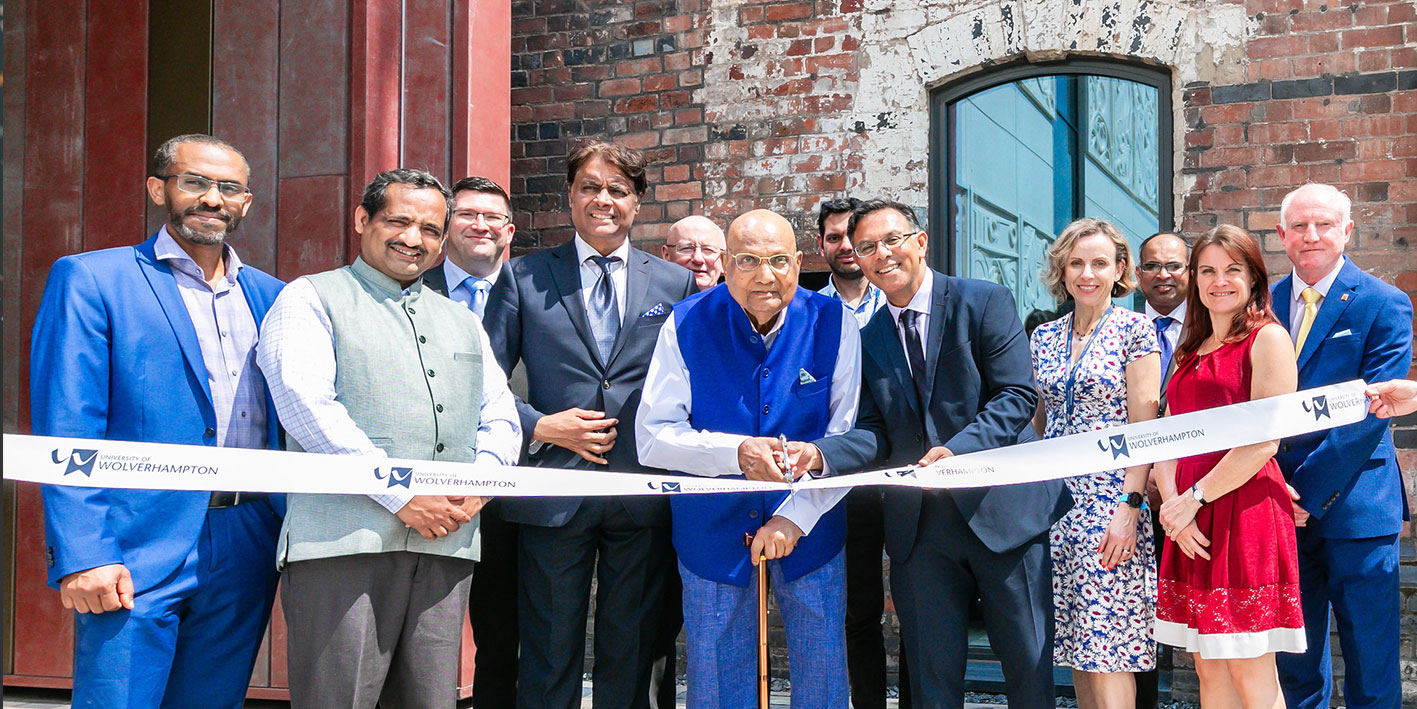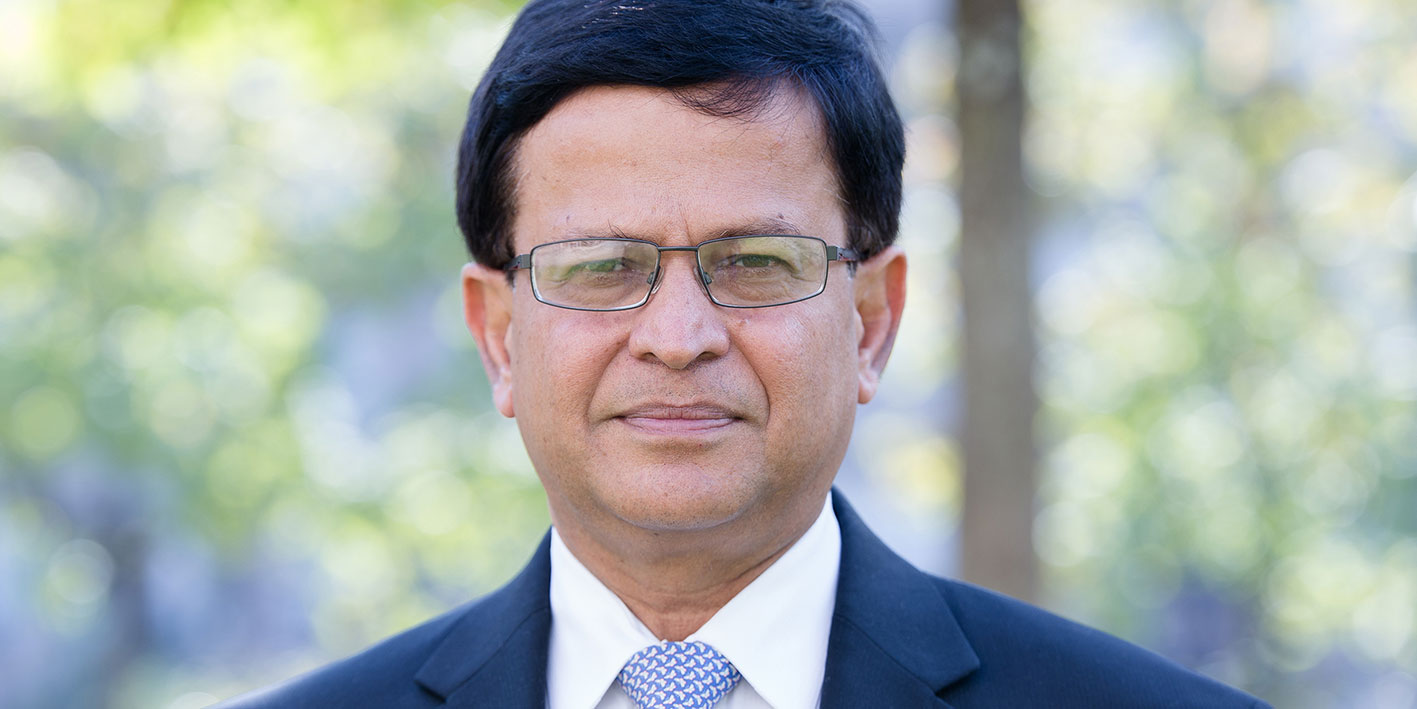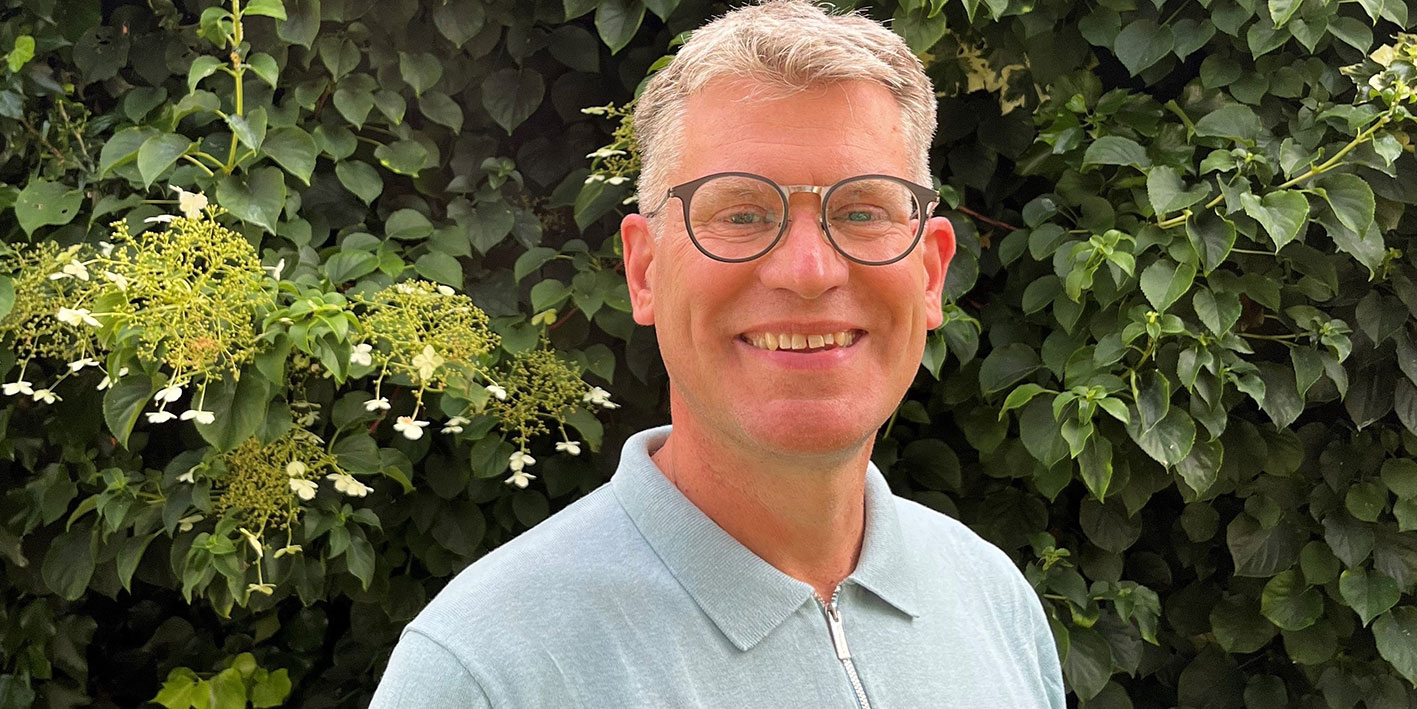
Sowing the Seeds of Tomorrow: The Imperative of Completing HS2

Dr Hamid Pouran – Senior Lecturer in Environmental Technology in the University of Wolverhampton's Faculty of Science and Engineering, blogs about the government's recent decision to halt the extension of HS2.
The recent decision by the Prime Minister to halt the northern extension of High Speed 2 (HS2) from Birmingham to Manchester is a misguided course of action. While it is undeniable that HS2 has faced valid criticisms concerning planning and environmental impacts thus far, discontinuing Phase 2 of the project will undoubtedly result in tangible negative consequences for the future prosperity of Britain.
Since its inception, HS2 has been a bold but contentious endeavour. In its early stages, the extensive planning process failed to adequately anticipate the multifaceted challenges inherent in an infrastructure project of this magnitude. Consequently, the initial phases were met with justified backlash over their environmental impacts. However, the responsible path forward lies in learning from these mistakes, not in precipitous cancellation.
It would have been the path of least resistance to terminate HS2, citing costs and historical criticisms as justification. However, such a decision would do nothing to address the root issues and the valid concerns of the public. True leadership necessitates acknowledging these criticisms and evolving both goals and approaches accordingly. Integrating constructive feedback to enhance HS2's trajectory is not just a matter of practicality; it underscores Britain's commitment to sustainable, long-term development.
The economic rationale for the northern HS2 extension remains as compelling as ever. The project's overarching aim has always been to facilitate national rebalancing and generate wealth in the Midlands and the North, transcending the mere reduction of journey times. While the initial economic case narrowly concentrated on assumed productivity gains and time savings for individual travellers, the true value proposition of HS2 is vastly more comprehensive.
The encompassing benefits extend to improved reliability, reduced overcrowding, elevated business productivity, and positive environmental impacts spanning regions. Most significantly, it opens the door to the economic potential of communities that have long languished in the shadow of London's unchecked dominance. Access to property and resources that enable transformative development is a catalyst on a national scale. From an ethical standpoint, depriving these regions of the vast opportunities that await them in the future would be indefensible.
West Midlands Mayor, Andy Street, has exhibited vision and unwavering commitment in advocating for the continuation of the northern extension. Steering complex, long-term infrastructure projects necessitates resolute conviction that transcends immediate gains. In an era where short-term thinking often prevails, Street's principled stand reflects political courage and long-term vision.
Much like the proverb that "someone is sitting in the shade today because someone planted a tree a long time ago," HS2's immense future dividends demand perseverance despite present criticisms. Naturally, environmental sustainability must remain paramount. With comprehensive impact assessments and eco-friendly designs, the northern extension can and must incorporate the constructive feedback received thus far.
Cancelling the expansion of HS2 would not merely neglect the lessons of the past; it would squander Britain's opportunity to pioneer a sustainable, forward-looking infrastructure model. Such a decision would stand in stark contradiction to the project's ultimate goal: national rebalancing and the promotion of regional prosperity. As an investment that promises to enrich generations to come, HS2 must continue its course beyond Birmingham. By evolving Britain's approach without forsaking its goals, the seeds of connectivity and prosperity sown today will undoubtedly provide shade and yield fruit for all tomorrow.
For more information please contact the Corporate Communications Team.


/prod01/wlvacuk/media/departments/digital-content-and-communications/images-2024/240624-Alumni-Awards-2024-Resized.jpg)
/prod01/wlvacuk/media/departments/digital-content-and-communications/images-18-19/220325-Engineers_teach_thumbail.jpg)
/prod01/wlvacuk/media/departments/digital-content-and-communications/images-2024/240627-UN-Speaker-Resized.jpg)
/prod01/wlvacuk/media/departments/digital-content-and-communications/images-2024/240320-Uzbekistan-Resized.jpg)
/prod01/wlvacuk/media/departments/digital-content-and-communications/images-2024/240229-The-Link-Resized.jpg)
/prod01/wlvacuk/media/departments/digital-content-and-communications/images-2024/240627-Lady-Aruna-Building-Naming-Resized.jpg)

